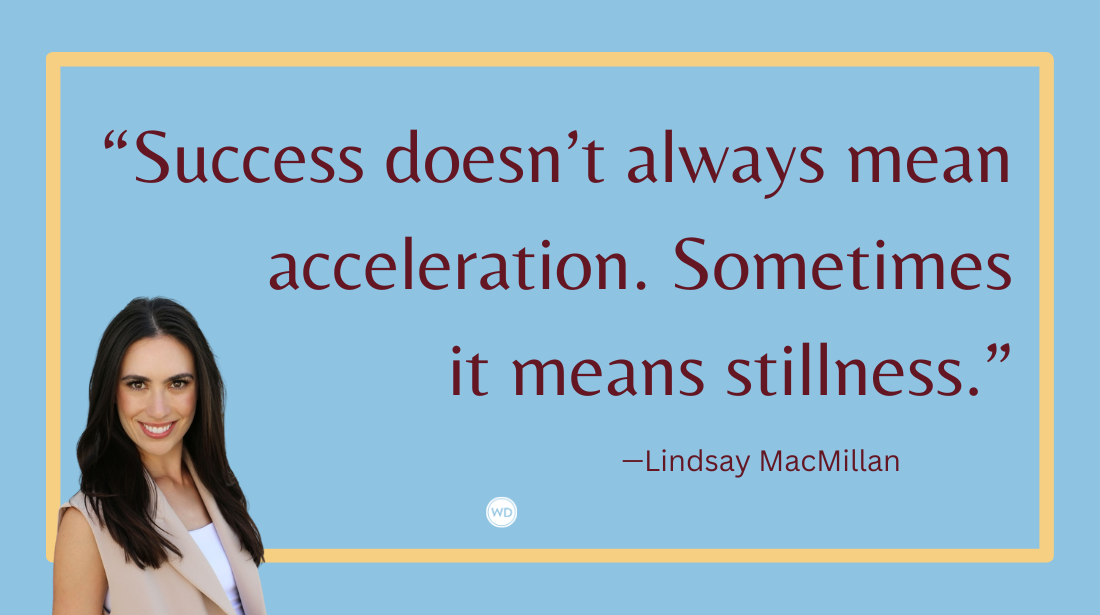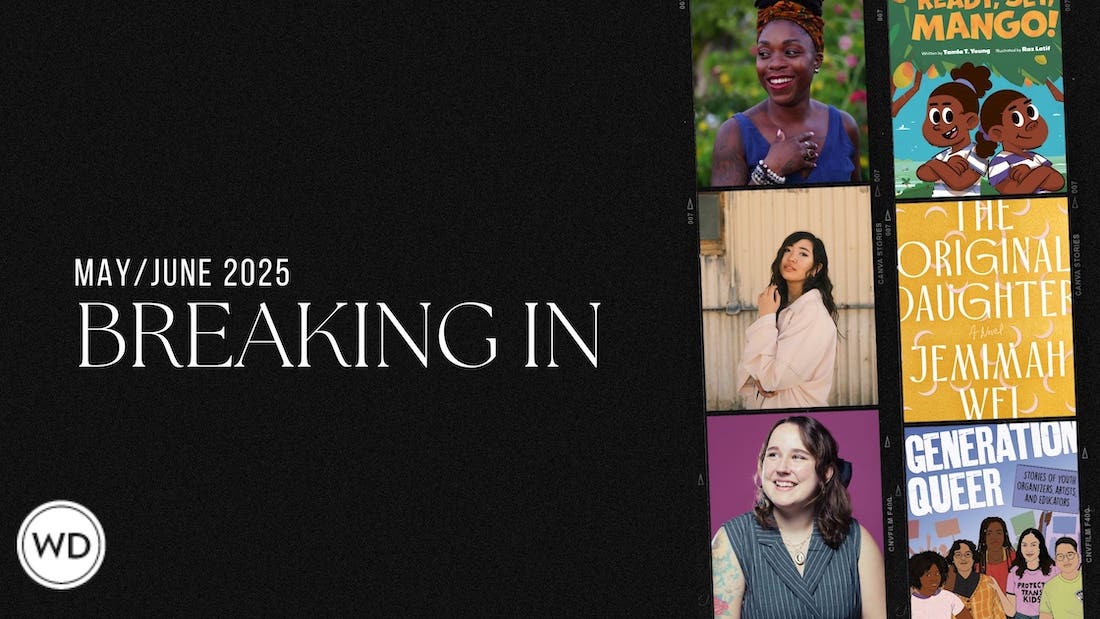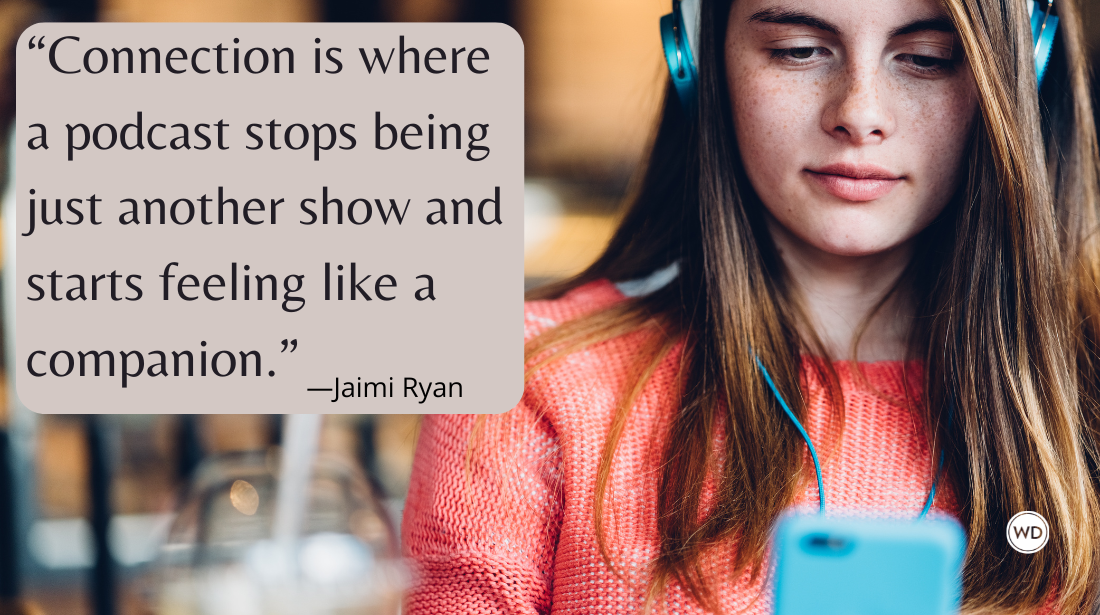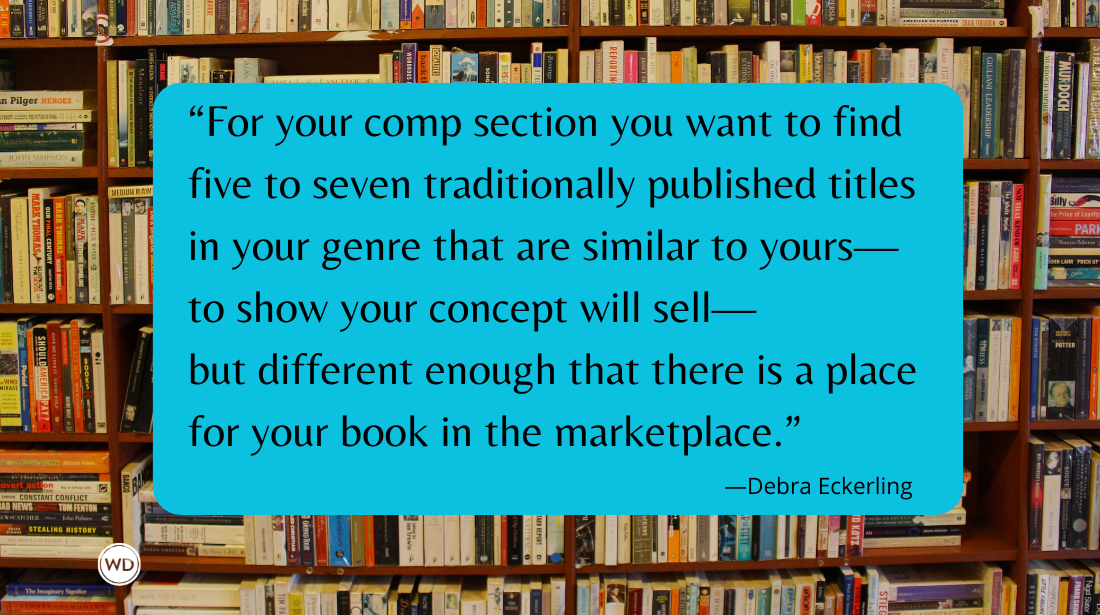8 Ways Not to Lose Freelance Assignments & Infuriate Editors
Avoid these 8 freelancing gaffes that even the sharpest pros make.
Editors? We’re divas. If we don’t find a two-liter of premium coffee, 10 fine-point red Sharpies and a bowl of 3,000 blue M&Ms waiting at our desks when we get to work in the morning, we pretty much lose it.
But, we’ve got the keys to the magazine castles and the ginormous salaries to prove it (well, one of the two, anyway)—so the best way to get a freelance gig and a place on our Go-To Writers list is to know what editorial sins keep us up at night.
Professional freelancing is about way more than just hitting a deadline and delivering what you promised in your query—it’s about building a relationship to the mutually beneficial point where we start pitching you ideas to write for us.
—by James Roland
With that in mind:
1. Don’t spell an editor’s name wrong.
I know, I know! I’ve already admitted we’re divas. It’s a simple oversight, but think about it: When you pitch an article and spell our names wrong, how are we supposed to trust you to execute that huge, wildly complex article you’re proposing? (After all, you question whether we gave your query serious consideration when we misspell your name in our response, right?) Always double-, triple- and quadruple-check every proper noun—from our names to the names of your subjects and sources—regardless of whether you’re writing a pitch or an assigned piece.
Journalism is all about facts and details, and to sell us on your article in a competitive environment, you’ve got to present yourself as the most competent writer for the gig.
2. Don’t pitch more than one story at a time.
This is like shooting from the hip. In fact, it’s like shooting from the hip with a Gatling gun. Bullets go everywhere, but none of them hit their intended target because the writer didn’t aim. If you clutter a query with five different ideas, they tend to be watered down, and the mediocre ones only diminish the impact of any good one.
Be a writing sniper: Focus on one shot, one idea, at a time. Imbue it with everything you’ve got, and make it count.
3. Don’t fail to notify us when your story has been picked up elsewhere.
Every publication has different rules about multiple submissions—but when we find out a story we really liked, talked about with our colleagues and maybe even got through a submissions committee is no longer available, it’s like the writer dangled a chocolate scone in front of us, and then clubbed us in the face with it when we tried to take a bite. It’s a nice professional courtesy to let us know up front if the story is a multiple submission and to then notify us if it gets contracted elsewhere. (Then, rather than wasting our time, we can convince ourselves there was something wrong with it, and our competitors who beat us to the punch are suckers and we’re the best and we win—but maybe you’d be perfect for that other article we had in mind. …)
4. Don’t hide the fact that the story is a reprint.
This article is spectacular! It sings like Pavarotti! It paints pictures in my head like Monet! It’s the best thing since sliced—oh, hang on, I have an email.
It’s from the author! Great, I was meaning to tell her that—wait a second. She just mentioned that the story we bought, the one we’ve already edited and laid out, is a reprint? A reprint?! Why didn’t she tell us that in her query? Some places publish reprints, but we don’t. We want new stories, not the same ones our competitors already ran. Now what are we going to fill that page with? Our printer deadline is next week!
[Head explodes.]
And, scene.
Learn everything you need to know about developing (and sustaining)
a freelance writing career with The Essential Guide to Freelance Writing,
a new, must-own guide for all writers. Order now!
5. Don’t pick a post-rejection fight.
Sure, editors do dumb things sometimes (see: misspelling your name). But there are some things we do that you shouldn’t get upset about. Remember, freelancing is all about earning and maintaining relationships—on both our parts.
Mad that we sent you a form letter-ish rejection? We feel sort of cheap every time we do it, but there’s a reason the business works that way: There’s just too much in our inboxes to reply to everything in an authentic, personalized manner.
Mad that it took us too long to respond? Hey, you’ve read the news about the publishing industry, re: layoffs. It can be a ghost town around here. Those of us left work some semi-terrifying hours. But we do it because we love it, and nothing makes our hearts flutter more than finding the perfect article. So give us a break.
6. Don’t trash an editor online.
If you don’t like the fact that we rejected your story, that’s fine. We understand—most of us have gotten rejected, too, and it really is a natural part of being a writer. But so is having Google Alerts (google.com/alerts) set up on your name—you know, those email notifications we get every day that tell us who mentioned us (or our magazines) on blogs, social networks, etc. So be professional, even if you think we’re being jerks. Publishing is an incestuous business, and even though a writer may not care about burning a bridge with a certain editor, we talk, and word gets around about who’s best to work with—and who is the literary equivalent of bitter decaf in our morning two-liter. E.g., the person who just called us a twit on Twitter.
7. Don’t be a diva.
Only we are allowed to be divas. So please don’t freak out if we make edits or add a comma. We’re just doing our jobs. Also, for most of us, our editorial philosophy is Do no harm. We’ve been (or are) writers, and we know what it’s like to have a bad editor take your brilliant text, so carefully constructed like a Fabergé egg, and shove it in his pocket, where it’s crushed by a mini bottle of gin and shabbily reassembled with a hot glue gun. Most of us will send you galleys after the story is edited, so you can let us know if we’ve screwed up.
8. Don’t hesitate to disagree with us.
Of course, it’s totally fine to let us know up front if we shouldn’t touch something—a line of slightly awkward phrasing that has to be the way it is for accuracy, etc. Like any good relationship, communication is key. At the end of the day, you’re the resident of a story, and we’re just the tourist. You know it inside and out, so if we’re making a bad call, tell us.
Just be sure we’ve had enough caffeine and haven’t found any red M&Ms in our candy-coated breakfast.
We’re a pretty touchy bunch.
Thanks for visiting The Writer's Dig blog. For more great writing advice, click here.
Brian A. Klems is the editor of this blog, online editor of Writer's Digest and author of the popular gift bookOh Boy, You're Having a Girl: A Dad's Survival Guide to Raising Daughters.
Follow Brian on Twitter: @BrianKlems
Sign up for Brian's free Writer's Digest eNewsletter: WD Newsletter








